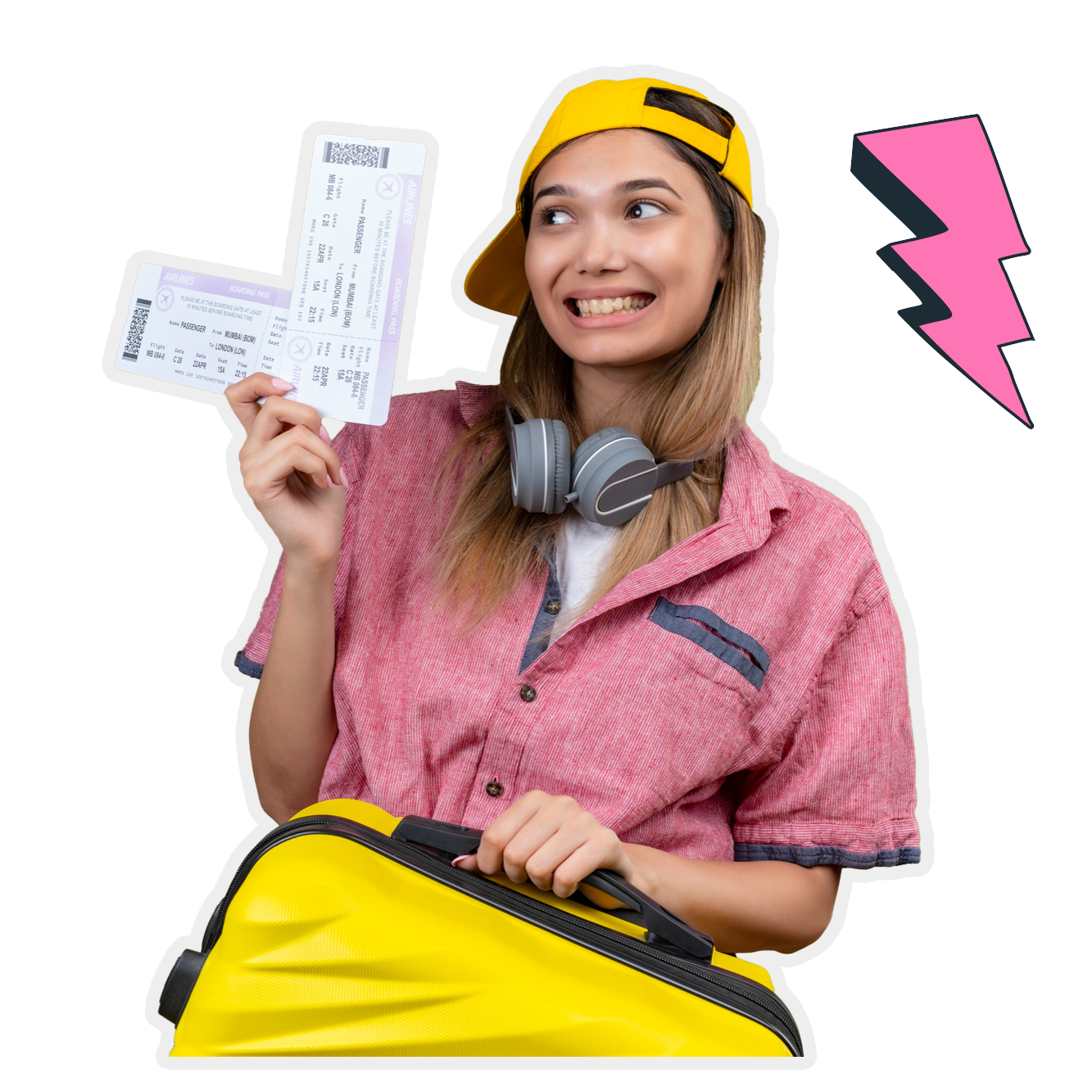
Flying can be stressful enough, but toss in TMJ, and it’s a whole different level of prep work. From dodging the dreaded drink cart to making sure your jaw doesn’t feel like it’s auditioning for a pressure cooker, here’s your ultimate guide to flying with TMJ—because your jaw deserves a little extra love at 30,000 feet.
Claim That Window Seat
Seriously, it’s worth it. Sitting by the window gives you a buffer from aisle traffic, meaning no unexpected bumps from passengers, bags, or the infamous drink cart. Plus, you can lean against the side for a bit more support and jaw rest.
Use a Neck Pillow Strategically
Support your neck and jaw with a soft travel pillow. It’ll help keep things comfy while you lean against the window.
Aim for High Altitude Flights
Flights that cruise above 10,000 feet can help avoid unnecessary air pressure changes. Low-altitude flights are more likely to mess with your jaw’s equilibrium, so choose wisely when booking.
Nasal Inhalers and Antihistamines FTW
Bring a nasal inhaler to help with any congestion or pressure that might make your jaw feel worse. Keeping those airways clear makes a difference.
Request Assistance When You Need It
Whether it’s wheelchair assistance to give you extra time to board and settle in, or a bit of patience while you adjust your seat, ask for what you need. Especially post-op, comfort is key.
Board Early (If Possible)
Take advantage of early boarding if it’s available so you can store your bags, get settled, and avoid the chaos of everyone jockeying for overhead space.
Bring Ice and Heat Packs
TSA-approved gel packs can be a lifesaver. Whether you need heat for muscle tension or cold for swelling, having your own packs makes the flight more bearable.
Soft Snacks Are a Must
Airplane food? Hard pass. Most options are tough, crunchy, or just plain TMJ-unfriendly. Pack soft snacks like applesauce pouches, smoothies, yogurt, or pre-cut fruits to keep your jaw (and stomach) happy.
Don’t Chew Gum to Pop Your Ears
It’s tempting, but chewing can wreak havoc on your jaw. Instead, try gentle swallowing, yawning, or using ear plugs designed for air pressure changes.
Dry air can lead to tension. Bring a refillable water bottle and sip regularly.
Long flights can make your jaw feel stiff. Do light, gentle neck stretches or small jaw movements if it’s comfortable. Just remember not to overdo it.
Noise can contribute to stress and tension, so block it out with a good pair of headphones and a calming playlist.